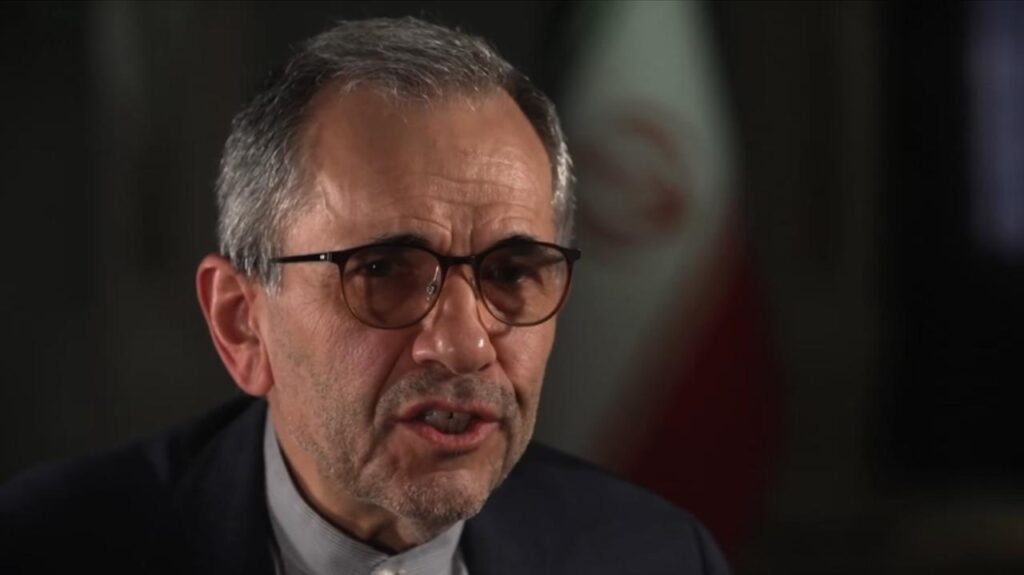TEHRAN (Realist English). Iran’s deputy foreign minister has said the United States must commit to ending military strikes on Iran if it hopes to revive diplomatic talks, following the collapse of negotiations after Washington bombed Iranian nuclear sites last week.
In an interview with the BBC, Majid Takht-Ravanchi confirmed that the Trump administration had communicated via mediators its interest in returning to talks but had “not made their position clear” on halting further attacks.
“Are we going to see a repetition of an act of aggression while we are engaging in dialogue?” he said. “The US has to be quite clear on this very important question.”
The remarks come days after a fragile ceasefire ended 12 days of hostilities that saw Israel target Iranian nuclear and military sites — prompting Tehran to respond with missile strikes — and the US join the conflict by bombing facilities at Fordo, Natanz, and Isfahan.
Takht-Ravanchi rejected accusations that Iran is moving towards a nuclear weapon, insisting its uranium enrichment — currently up to 60% purity — is for peaceful purposes and needed to sustain research programs long denied foreign nuclear fuel.
“The level [of enrichment] can be discussed… but to say you should have zero enrichment and if you do not agree we will bomb you — that is the law of the jungle,” he said.
Tensions between Iran and the International Atomic Energy Agency (IAEA) have also escalated, with Iran’s parliament voting to suspend cooperation, accusing the agency of siding with the US and Israel.
Trump has said he would “absolutely” consider bombing Iran again if intelligence showed dangerous levels of enrichment. But Takht-Ravanchi dismissed US suggestions of regime change, calling them a “futile exercise”, and said Iran would remain united in the face of foreign aggression.
The deputy foreign minister said no date had been set for a return to talks, and Qatar and other Gulf states were working to create conditions for diplomacy.
“We do not want war. We want dialogue,” he said. “But we have to be prepared. We have to be cautious.”
